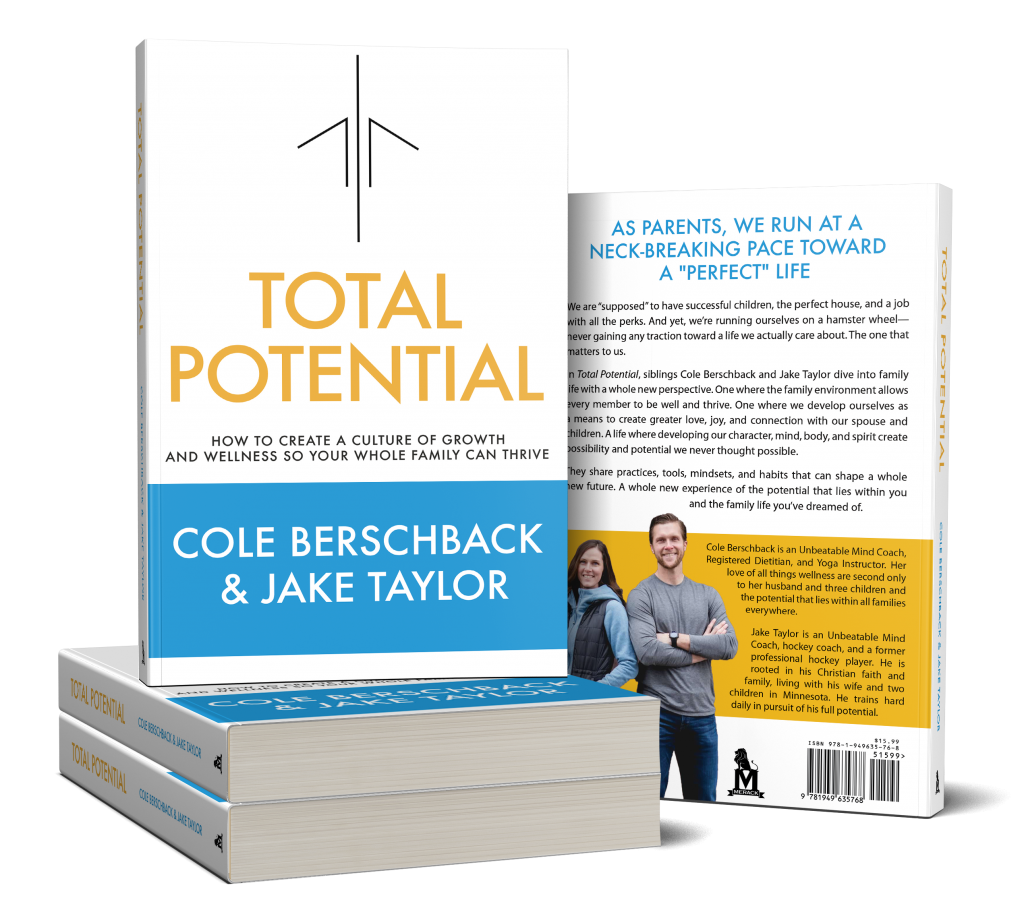The single most effective thing we can do to improve communication across all important relationships in our life is this . . . listen. Simple. But not easy to do in practice. Human beings are notoriously bad at listening. Even those who think they are good listeners can likely improve. Without intentional, regular practice each of us gets pulled into ourselves by the gravitational force of “me”. Our focus turns inward. What am I thinking and feeling? What do I want? Is this important to me? Once that happens, we are no longer listening. We may be hearing. We may be gathering information so as to bolster our own position or our own defense. But we are not listening.
So let’s start by defining listening. Listening is helping the other person feel heard and understood. Period. If the other person does not feel heard and understood then listening hasn’t occurred.
Communication Examples
Perhaps we can see ourselves in the following example.
Significant Other (SO): Why is there an empty toilet paper roll on the holder?
You: It’s not empty. There’s still paper on it.
SO: There are like 3 sheets of paper left on it. What am I supposed to do with that?
You: I don’t know. Use it. Why are you jumping my case about this? It’s just toilet paper.
SO: It’s not just toilet paper. You do stuff like this all the time.
You: Oh here we go again! (And the fight is on…)
In this example, very quickly both parties become entrenched in their own position. They’re digging in. The focus is not on connecting. The focus is on defending. And when we are focused on defending, we see the actions of others as offensive.
Communication That Helps Instead of Hurts
Now, see how things could have gone if we focus first on helping the other person feel heard and understood.
SO: Why is there an empty toilet paper roll on the holder?
You: Uh-oh. You sound upset.
SO: I am upset. There are like 3 sheets of paper left on it. What am I supposed to do with that?
You: You’re right. Leaving 3 sheets on there was silly. I’m not sure what anyone would do with that. I’d be annoyed with that too.
SO: It’s not just the toilet paper. You do stuff like this all the time.
You: You feel like I don’t always consider how my actions impact you. Am I right? I don’t want you to feel that way. Please tell me more so I can understand better.
See how the tone changes? Now instead of the issue at hand becoming a wedge between us, the issue at hand serves as a bridge for deeper connection and understanding.
Try This…
Start with simple reflective listening – parroting back what the other person said using the same or similar words. (“I heard you say . . . “) Focus on small chunks of dialogue at first. Then ask, “Did I get that?” Encourage more sharing by saying, “Tell me more.”
The more advanced level of listening is deep listening. Here we tune into the emotional undertones of the speaker. We may parrot back or paraphrase words that the speaker has used (reflective listening), but we’ll also add statements that show we are tracking the underlying emotion the speaker may be experiencing. But we always check our understanding by asking, “Did I get that?” or something similar which allows the speaker to correct our understanding in real time.
A caution about questioning: most people think that asking lots of questions is a good way of listening. It isn’t. It triggers defensiveness more often than not. Instead, reflect back the speaker’s words and emotions, and check-in frequently to see if the message you are receiving is the one they are intending to send. It is a more sensitive and respectful way of demonstrating that you are staying present to the conversation and you’re really interested in understanding the speaker.
Here’s the thing, listening requires effort, attention, and intention. It requires practice. But it is worth it. Deep listening can build bridges and repair relationships. No one expects perfection, and it is unrealistic to think we can listen deeply like this all the time. But we can practice deep listening at least a few times a week. Start there and see where true listening can take the relationship.

Dr. Sean Smitham
Dr. Sean Smitham, Ph.D. a licensed Clinical Psychologist and family therapist who lives and practices in Spokane, Washington.



